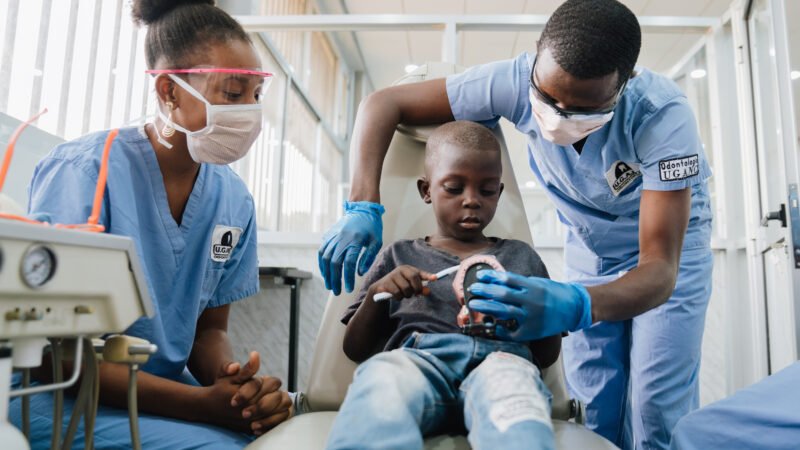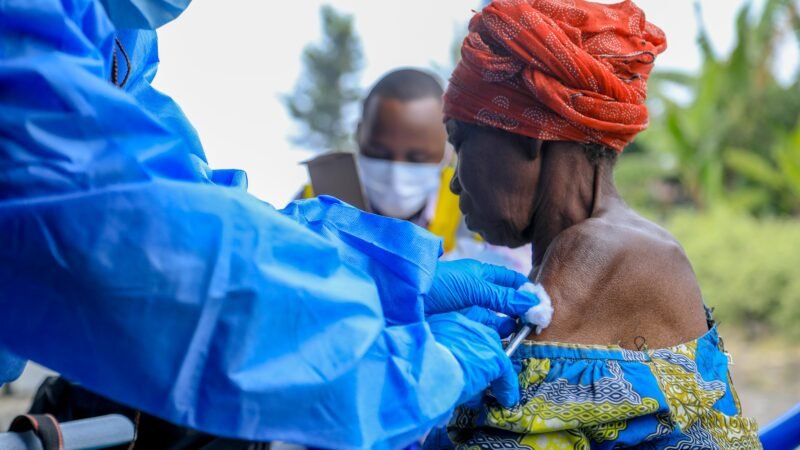New Study Highlights Emerging Trends in Pharmaceutical Medical Education Program Creation and Delivery
Medical education plays an essential role in updating physicians and other health care professionals about new treatment options and advances in disease state understanding.
However, the medical education environment has changed drastically in the wake of new regulations and technological advancements that have reshaped traditional approaches to deployment of pharmaceutical medical education programs.
Research and consulting leader Best Practices, LLC undertook a benchmarking study to investigate emerging medical education trends at pharmaceutical organizations. The study examines to what extent vendors are used for education program creation and delivery, the types of venues used for programs and which technology platforms are used most now and in the future. The study also informs medical affairs and medical education function leaders on measuring effectiveness and future directions for this group.
Best Practices in Leading Medical Education Program Strategy: Establishing the Right Structures, Resources and Activities to Optimize Biopharmaceutical Education Groups, is a 58-page benchmarking report that examines the different factors that affect the effectiveness of medical education groups.
Medical Affairs executives, directors and managers who want to understand the most important current trends and future direction of medical education programs during this transitional period will profit from the leading practices, managerial insights and benchmark metrics contained in this report.
The insights and benchmark metrics contained in this report are drawn from interviews and benchmarking surveys with 23 leaders from 19 top biopharmaceutical and medical device companies. More than 65 percent of the participants are at the level of director.
Among this report’s findings: Companies are Supporting More Multi-disciplinary Education Programs: Two out of three companies support multi-disciplinary education programs. The primary drivers of multi-disciplinary education programs are increasing focus on health outcomes (67%) and holistic approaches towards treatment (56%).
This report features original research and yields rich data on the following topic areas:
- Role played by Medical Education groups
- Medical Education groups: Regional Focus
- Collaborative & Multi-Disciplinary Approaches to Medical & Clinical Education
- Value of Medical Education Formats
- Medical Education Program Mix
- Technology & Medical Education
- Measuring Effectiveness & Future Directions for Medical Education
To access the full report or to download a complimentary summary containing insights found in this report, click on the following link: http://www.best-in-class.com/rr1503.htm.
For related research, visit the Best Practices, LLC Web site at www.best-in-class.com/.



